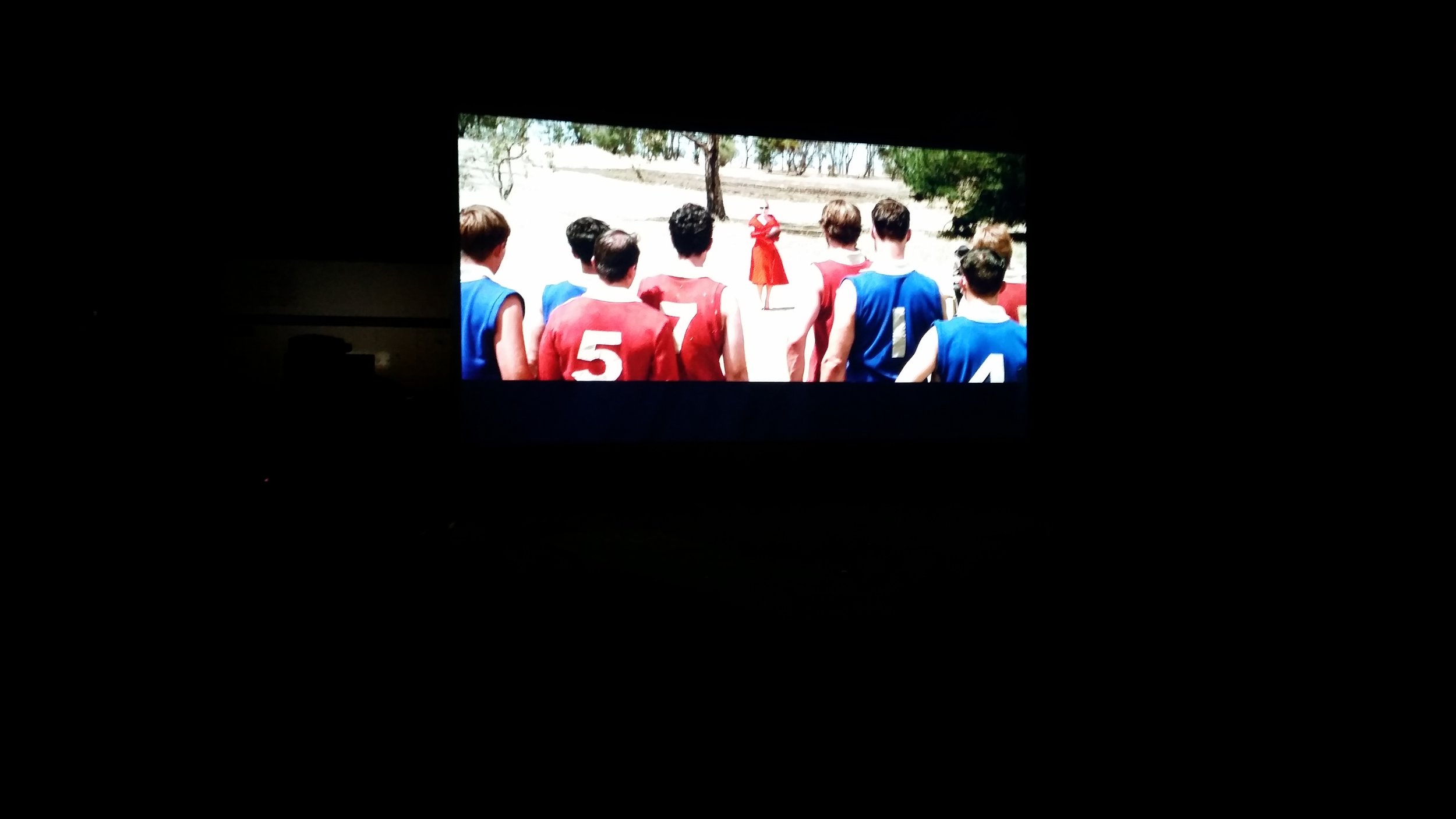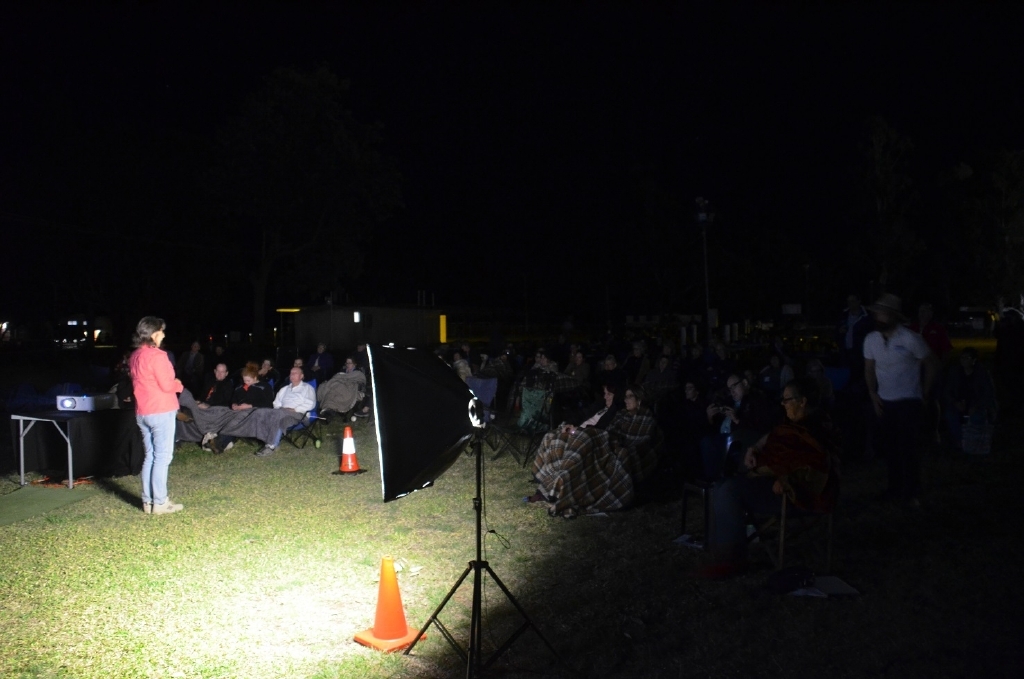The Dressmaker
More than a skewed small town fable ...
BY KERRY ANDERSON
VIEWING The Dressmaker for the second time last night (on this special occasion under the stars in outback Queensland) I had the opportunity to reflect on what lessons could be learned from this now iconic Australian movie.
Earlier in the day, author, Rosalie Ham, explained to delegates at the Isolated Children’s Parents’ Association meeting in Alpha how she joined a literary course at TAFE and was instructed to write a story and go through the motions of publishing it. Drawing on her somewhat skewed childhood memories of growing up in a town of 800 people with a seamstress mother, Rosalie inserted a murder, a cross dresser, a fiercely fought football game, hate, envy, and the obligatory love story into the story line. The Dressmaker was the end result. Not only did it get published, it was made into a movie!
When I first went to see the film it was for a number of different reasons. It was Australian and filmed in rural Victoria near where I live, plus it featured a small rural town in the story line, albeit fictional. Most of all, it was because my mother, raised on a farm in Gippsland, was trained as a dressmaker. We went to the movie together, along with my daughter who has also inherited her grandmother’s skills.
As an advocate for rural Australia I have to say that the depiction of Dungatar as a small town and the grating idiosyncrasies of its inhabitants in The Dressmaker was hardly ideal but of course we can’t be too precious about that. We all understand the need for drama and humour to entertain.
What I clearly saw of value in the movie, however, was a young woman able to be innovative and to create her own income in a rural town as did her mother before her.
Up until we left home as young adults my mother made all of our clothes. Often I was stopped by complete strangers and asked what brand my dress was. Leaving school and starting work in an office I had the snappiest wardrobe you could ever hope to have. I never thought anything of it at the time other than it was an obvious cost saving for a rural family struggling to raise four children, pay off a mortgage, and establish an earthmoving business.
I felt very smart in my red pantsuit made by my very talented dressmaker mother.
Mum’s skills as a dressmaker also enabled her to create a small income to support the family budget. Many a fitting for a wedding dress took place in our home with mum threatening blue murder if we dared to go near the precious folds of white material. Like Rosalie we heard all the behind the scenes dramas of the nervous brides.
While I pursued a totally different career path, my daughter demonstrated hands on skills at an early age. For her twelfth birthday we gave her a second hand sewing machine to make saddle blankets for her horses. After completing secondary college she purchased a small business named Fair Dinkum Dog Coats and began manufacturing oilskin dog coats with industrial sewing machines in her grandmother’s sewing shed.
It really was lovely to see grandmother and grand-daughter working together on orders to go Australia wide and overseas. Mum has since retired but it won’t be long before the next generation, my daughter’s daughters, may be able to participate.
So, the moral of this story is that, whatever your skill, it can provide you with the capacity to work and live wherever you want including in rural towns. That's what I took away from The Dressmaker.
And, as Rosalie told us in Alpha, rural kids are innovative, progressive and modern. They can do ANYTHING!





